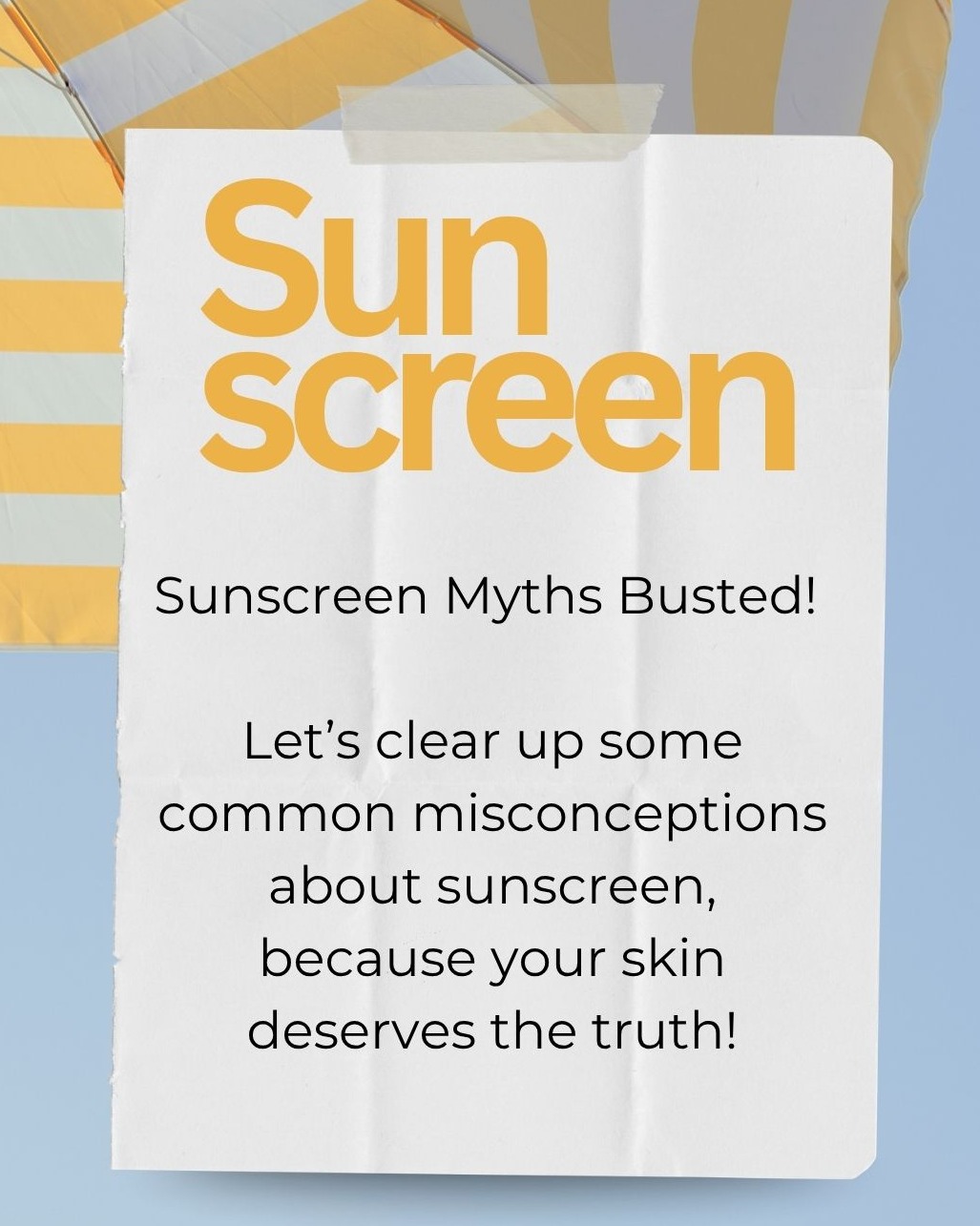+918042781678

This is your website preview.
Currently it only shows your basic business info. Start adding relevant business details such as description, images and products or services to gain your customers attention by using Boost 360 android app / iOS App / web portal.
SUNSCREEN - MYTHS BUSTED!

🧴☀️ Sunscreen Myths Busted! ☀️🧴 Let’s clear up some common misconceptions about sunscreen, because your skin deserves the truth! ❌ Myth 1: Dark skin doesn't need sunscreen ✅ Fact: All skin tones can get sun damage and skin cancer. Sunscreen protects everyone from harmful UV rays. ❌ Myth 2: You only need sunscreen on sunny days ✅ Fact: Up to 80% of UV rays pass through clouds. Daily use is a must—even when it's cloudy or indoors near windows. ❌ Myth 3: Makeup with SPF is enough ✅ Fact: You’d need layers of makeup to match proper sunscreen coverage. Always use a standalone sunscreen first. ❌ Myth 4: SPF 50 means you're safe all day ✅ Fact: No sunscreen lasts all day. Reapply every 2-3 hours, especially if sweating or outdoors. 🌞 Dermatologist tip: Use a broad-spectrum sunscreen, SPF 30 or higher, even during travel or while working from home. ❌ MYTH: Applying sunscreen blocks all vitamin D production and may increase cancer risk. ✅ FACT: Sunscreen reduces—but does not completely block—UVB rays, which are needed for vitamin D synthesis. Even with sunscreen, your skin still makes vitamin D during incidental sun exposure. 🔬 Studies show: Most people still produce adequate vitamin D with regular sunscreen use. Vitamin D levels depend more on overall sun exposure, diet, and supplementation than on sunscreen alone. If you're worried about vitamin D, ask your doctor about a blood test and safe supplementation—not unprotected sun! 🌿 Healthy skin and healthy bones can go hand in hand—with the right balance. ⚠️ What’s dangerous is unprotected UV exposure, which significantly increases the risk of skin cancers like melanoma, squamous cell carcinoma, and basal cell carcinoma. 🧪 What about 'chemical sunscreen ingredients and cancer'? Some online rumors mention ingredients like oxybenzone or avobenzone. But there is no conclusive evidence that these ingredients cause cancer in humans when used as directed. Most concerns come from animal studies with extremely high doses—not real-life sunscreen use. Safer options like mineral sunscreens (zinc oxide or titanium dioxide) are also available and are especially suitable for children and sensitive skin. 👩⚕️ Dermatologist's advice: Daily sunscreen use = long-term skin health. Don't fall for fear-mongering. The real danger is unprotected UV exposure, not sunscreen. 📌 Stay sun-safe, stay skin-safe. Your future self will thank you. #DermatologyFacts #SkincareMyths #SunscreenEveryday #SkinProtection #DermTips

